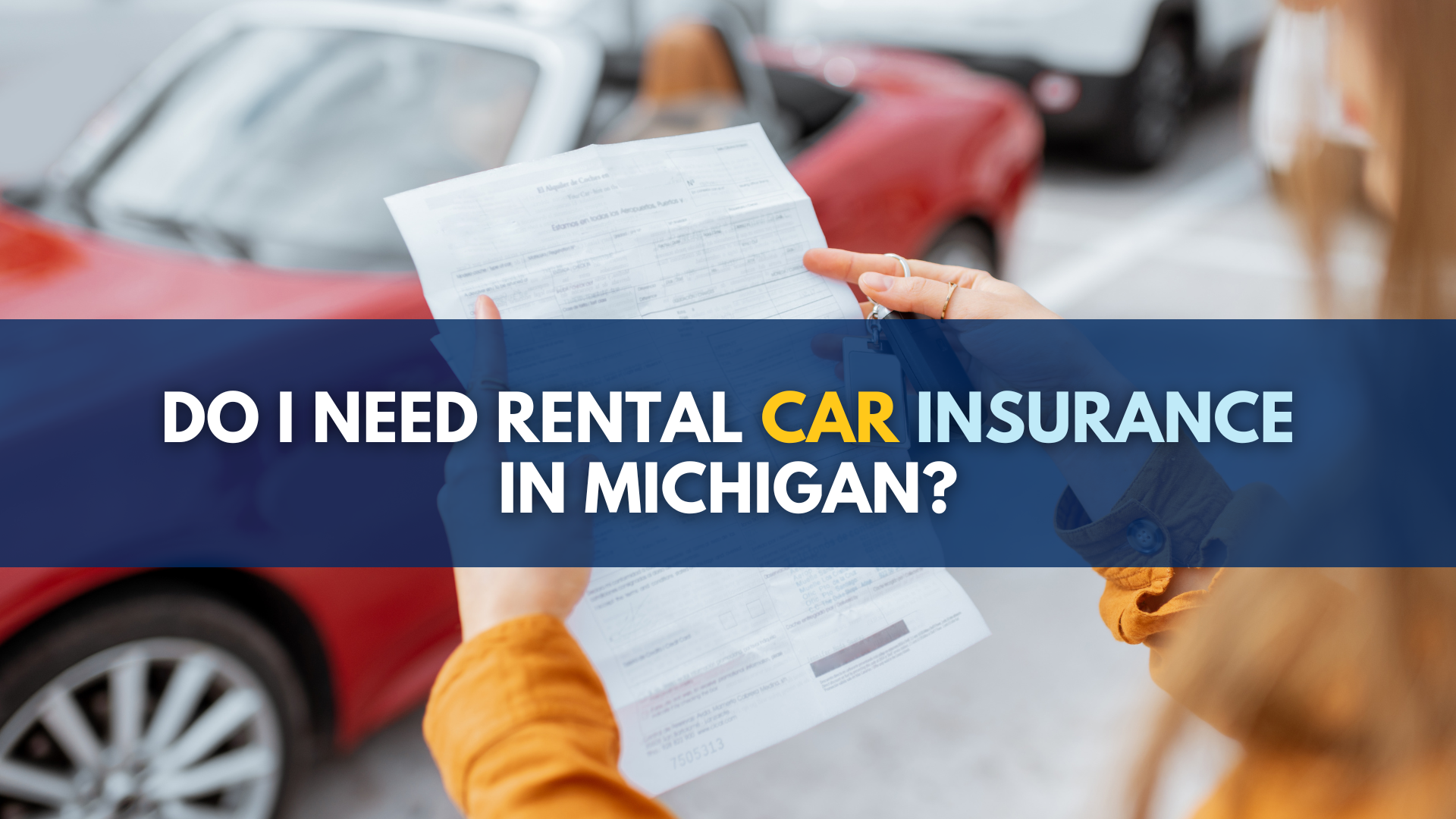What happens when a Michigan resident is injured in a car crash out of state? Our No-Fault insurance attorneys advise an Arizona lawyer on how to protect a car crash victim from an insurer’s right of reimbursement over pain and suffering damages or award

The issue of whether an auto insurance company has a right of reimbursement to recoup from a car accident victim what it has paid in No-Fault insurance benefits from a pain and suffering award is a complicated one.
Most Michigan auto accident lawyers either don’t know or they give the wrong legal advice.
But getting this question wrong has real consequences. If the lawyer gets this wrong, a car accident victim could wind up repaying tens of thousands of dollars back to his or her own insurance company that he or she otherwise never had a legal duty to repay.
So how does the law work when a Michigan resident who is covered by a Michigan No-Fault policy gets injured in a car accident out-of-state?
This scenario is precisely the situation faced by one Arizona attorney who reached out to me recently to find out what he could do to protect his client from having the client’s tort recovery raided by his Michigan insurer that was demanding to be paid back for all of the No-Fault insurance benefits it had provided such as medical care and wage loss after his car crash.
Below is both the attorney’s question and response. (Note: I’ve edited the response by defining legal terms of art or terms such as “pure tort states” so the answer will be more clear.)
Does Michigan No-Fault give an insurer a legal right of reimbursement over an out of state pain and suffering award?
Here’s the question I received from the Arizona lawyer (who was referred to me by a Florida lawyer):
I have a client who is a Michigan resident and is covered by his Michigan No-Fault auto insurance policy. He was injured in an Arizona car accident and is seeking pain and suffering compensation through a third-party claim in Arizona. I am wondering if his Michigan No-Fault insurer can seek recovery from any third-party proceeds obtained here in Arizona.
Here is the advice I gave to the Arizona lawyer for how to best protect his client:
- The No-Fault (PIP) insurer does have a right of reimbursement under MCL 500.3116(2) for a car accident occurring outside the state of Michigan if, in the state where the car accident occurred, a plaintiff can recover both economic as well as non-economic damages. This would mostly apply in what are considered Pure Tort states where a car accident victim can sue for both pain and suffering and for economic losses such as medical bills and wage loss.
- In Michigan, economic damages are usually not part of the settlement in most cases. That’s because Michigan is an auto No-Fault insurance state.
- The out-of-state location of the car accident will be a red flag to the insurer, so they will become aware of it quickly when they see that the police report is not from Michigan.
- There are couple of ways you as the attorney can handle this situation:
- First, you should not enter into a settlement or sign any Releases without knowing the amount of the lien and how much of the settlement the client has the potential to lose, especially if the lien is substantial. There is no affirmative duty to even have a negligence settlement if you have a small tort policy with the wrongdoer’s insurance company who caused the crash but have very serious personal injuries and high medical bills.
- Most insurers will negotiate the lien, as they want some money back, even if it is not the entire amount, and you can always back out of the settlement, or dismiss without prejudice (assuming you still have time to re-file), if they are being stubborn and unreasonably refuse to budge on a compromise amount.
- The second way to avoid the lien is to specify in the Release that the settlement is for “non-economic damages only.” However, the Michigan No-Fault PIP insurer’s right to pursue the tortfeasor for those damages is not extinguished, if a third-party settlement was still reached in the case, and if those benefits were not pursued when they could have been. They have a tougher argument if you never plead it and never offer any proofs on it, and if at the end of the case the release specifically excludes this as part of the car accident settlement.
- If you are able to accomplish this, you must make sure there is absolutely no indemnity language in the Release. Otherwise, if the tortfeasor is sued by the PIP insurer for the economic damages, they will seek indemnity from your client. Most of the time the insurer will not agree to non-economic only, so you would most likely be negotiating some type of compromise between your fee, the PIP insurers lien, and the client’s take home.
- Make sure to get a confirmation in writing from the PIP insurer that the lien is satisfied.
- No matter what you do, it is mandatory to preserve your client’s past, present and future No Fault PIP benefits in the Release, so those legal rights are not unintentionally extinguished via a “Release of All Legal Claims arising out of the car accident.” If this involves a serious injury, it can be legal malpractice to release what are known as “futures.”
Right of reimbursement for MI car crash with out-of-state driver
As long as I’m talking about the issue of insurers’ right of reimbursement from a third-party recovery to pay for No-Fault benefits that were paid out, I thought I would address the similar, but reverse, issue where the car crash occurs in Michigan and the at-fault driver is from another state. This happens all the time as well, and I’m frequently called by out-of-state attorneys when people are visiting Michigan from anther state and become involved in a car accident while in Michigan.
When a car accident occurs in Michigan, but the tortfeasor (the person who causes the car accident) is not insured by a Michigan admitted insurer, a Michigan certified insurer pursuant to MCL 500.3163, or a Michigan approved self-insurer, this creates a No-Fault PIP lien pursuant to MCL 500.3116(2).
In these types of situations, an experienced auto accident attorney should try to eliminate any indemnity language. But if that’s not possible, then the auto attorney should qualify the indemnity language to protect both the client (and the attorney).
Here’s an example of qualifying language I’m suggesting:
- “If any claim is ever made against Releasee(s) and/or their insurers which would give rise to a claim for indemnity against Releasor(s), such entity and/or individual(s) must give the Releasor(s) prompt and immediate notice of the claim for indemnity, and the Releasor(s) shall have the right to defend the claim or cause of action at his/her/their own expense.”
- “Releasor does not indemnify any failure of Releasee(s) to comply with Michigan insurance laws.”
If the PIP insurer initiates a lawsuit against the same tortfeasor to recoup the economic damages, and the tortfeasor and/or their insurer pays again on the same case, a car accident victim won’t have to indemnify them for “any and all claims.”
It’s important for out of state attorneys to understand that settling for “non-economic damages only,” is simply not enough to protect you and your client.
Finally, although rarely raised, is the intentional acts exclusion under Michigan law. This could also trigger a lien under MCL 500.3116(2). Because the vast majority of car accident victims don’t have first-hand knowledge of the intent of the tortfeasor, this issue – which could do substantial harm to a victim’s legal interests and recovery potential – fortunately rarely comes up unless you have a situation where the person who causes the car accident tells the investigating (and arresting police officer) that he or she meant to intentionally injure someone and cause the crash.


